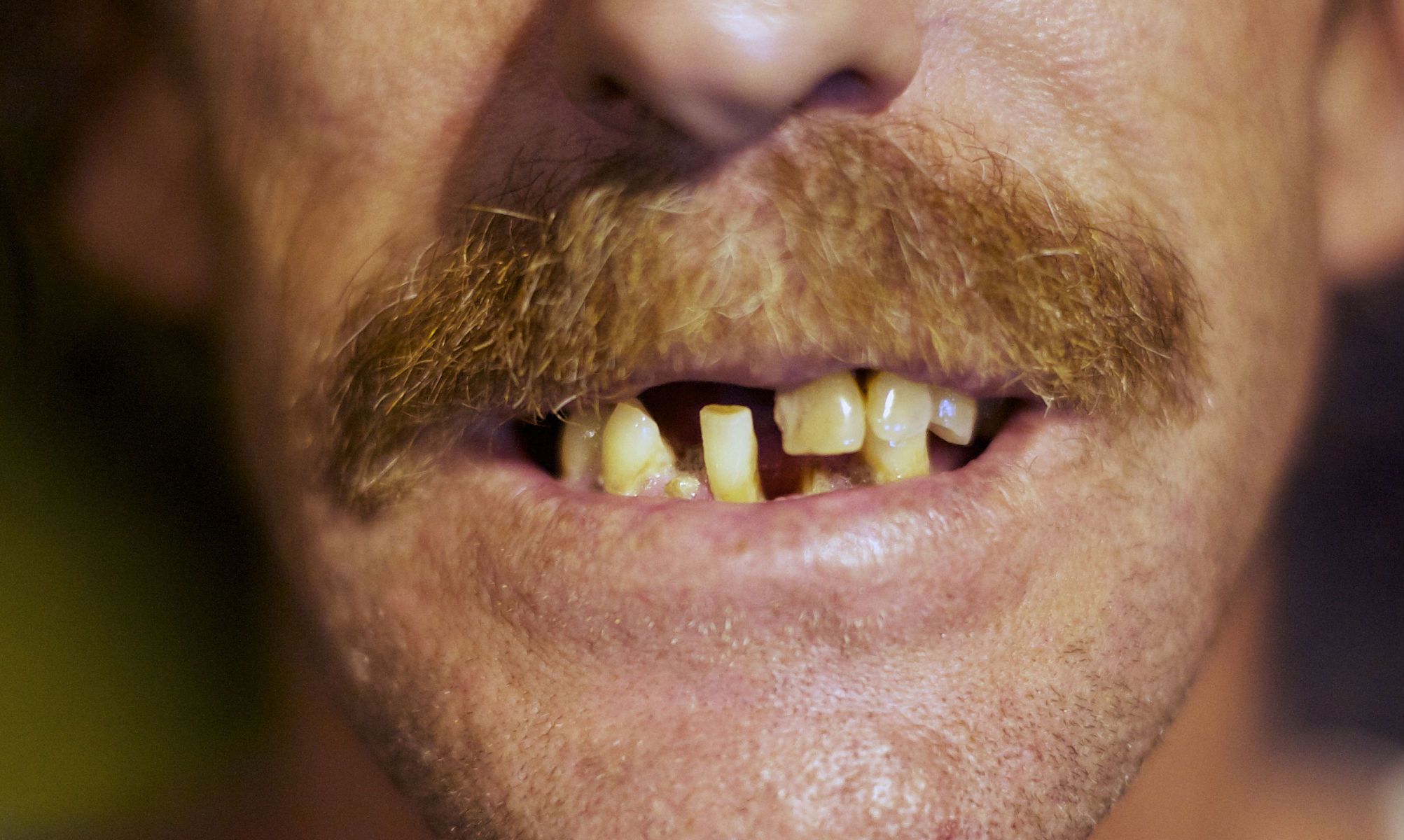
The poorest people in the UK have up to eight fewer teeth than the richest people by the time they are 70, according to the results of a study released in the Journal of Dental Health today.
The study, carried out by researchers at Newcastle University, Newcastle upon Tyne NHS Foundation Trust, UCL and the National Centre of Social Research was aimed at showing the link between socioeconomic status and oral health.
More than 6,000 people aged 21 and over from all income groups and regions of the UK were involved in the study, which found that dental health was substantially worse among the poorest 20% of society compared with the richest. Those with lower incomes, lower occupational class, higher deprivation and lower educational attainment were shown to generally have the worst clinical outcomes, including more tooth decay, gum disease and tooth gaps.
The study also found that for those over 65 years old, the least wealthy had an average of eight fewer teeth than those from the richest echelons of society.
According to John Wildman, professor of health economics at Newcastle University Business School, the principal investigator on the ESRC study, the results of the study are important because oral health is a significant component of general health and wellbeing. "Oral health contributes hugely to everyday wellbeing and addressing these inequalities may result in considerable improvements in quality of life for large numbers of individuals," he said.
Professor Jimmy Steele CBE, head of the dental school at Newcastle University, and lead author said: "It's probably not a big surprise that poorer people have worse dental health than the richest, but the surprise is just how big the differences can be and how it affects people."
Whilst Steele admits it is difficult to identify which specific factors are driving each of the differences seen in the study, he says that "there is probably a mix of reasons and it is not just about, for example, the availability of treatment".
According to Dr Georgios Tsakos, senior lecturer at the Department of Epidemiology and Public Health at UCL, one of the most important things revealed from the study was the link between educational attainment and perceptions about oral health and quality of life. "This has profound implications for policy as intervening in earlier life could have a significant long term effect on oral health," she said.
Despite the social differences, the results revealed that on average oral health is improving, especially among young British adults. However, an earlier study published by the same research team had found that social division between rich and poor young people are even more pronounced than in older people.
Steel said: "Although the younger generation have much better oral health than their parents ever did, the differences between rich and poor are very considerable and young people are particularly aware when they do not have a healthy mouth. The risk is that as health gets better overall the differences just get greater and poorer people lose out."
Uncommon Knowledge
Newsweek is committed to challenging conventional wisdom and finding connections in the search for common ground.
Newsweek is committed to challenging conventional wisdom and finding connections in the search for common ground.
About the writer
To read how Newsweek uses AI as a newsroom tool, Click here.








